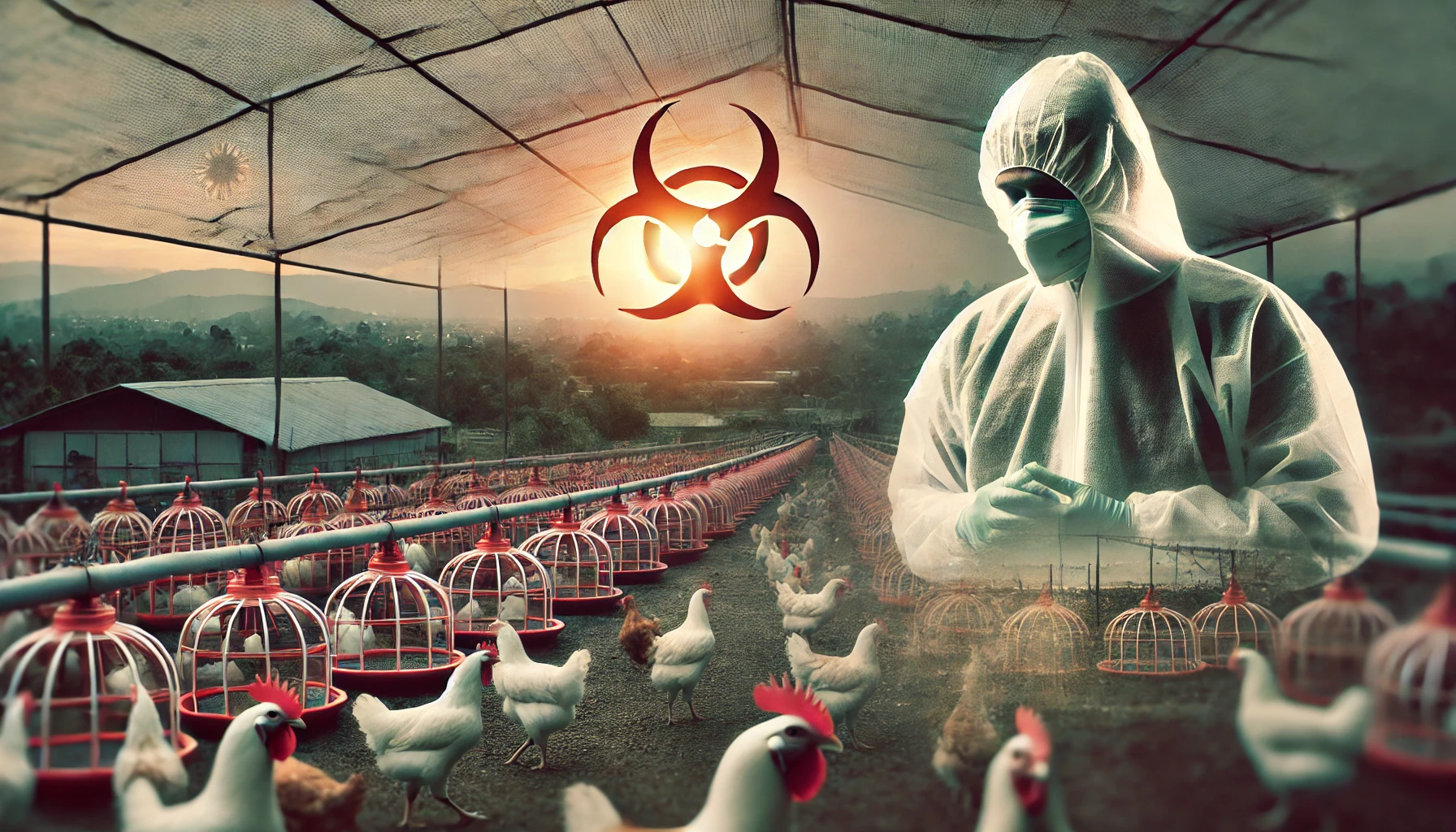Health officials in Louisiana have confirmed the first human death from the H5N1 bird flu virus in the United States. The Louisiana Department of Health announced that a 53-year-old individual succumbed to complications related to the virus, marking a significant milestone in the monitoring of zoonotic diseases in the country.
According to AP News, the deceased individual had direct exposure to infected poultry in their backyard. Symptoms reportedly began with a high fever and severe respiratory distress, escalating rapidly despite medical intervention. The Centers for Disease Control and Prevention (CDC) has confirmed the diagnosis through laboratory testing and emphasized the importance of early detection and treatment in such cases.
Louisiana health officials reassured the public that the risk of widespread transmission remains low. “This is an isolated case with no evidence of person-to-person transmission,” stated Dr. Kevin Litten of the Louisiana Department of Health. However, officials have ramped up surveillance efforts, particularly among individuals who may have had close contact with infected birds.
The H5N1 virus, commonly referred to as bird flu, is a highly pathogenic avian influenza strain that primarily affects birds. According to the CDC, while rare, human cases can occur through direct contact with infected animals or contaminated environments. Globally, the virus has a high mortality rate among humans, underscoring the need for vigilance in managing outbreaks.
The United States has been monitoring H5N1 since its arrival in North American bird populations in 2022. The Louisiana Department of Health has urged residents, particularly poultry farmers and bird owners, to adhere to strict biosecurity measures. Guidelines include regular handwashing, the use of protective equipment when handling birds, and reporting unusual bird deaths to local authorities.
The World Health Organization (WHO) is closely monitoring this development, as it highlights the ongoing challenges posed by zoonotic diseases. Experts have reiterated the importance of pandemic preparedness and robust surveillance systems to mitigate potential threats.
As investigations into the case continue, health officials remind the public to remain cautious but not alarmed. Preventative measures and early reporting are key to managing and preventing future cases of H5N1.







